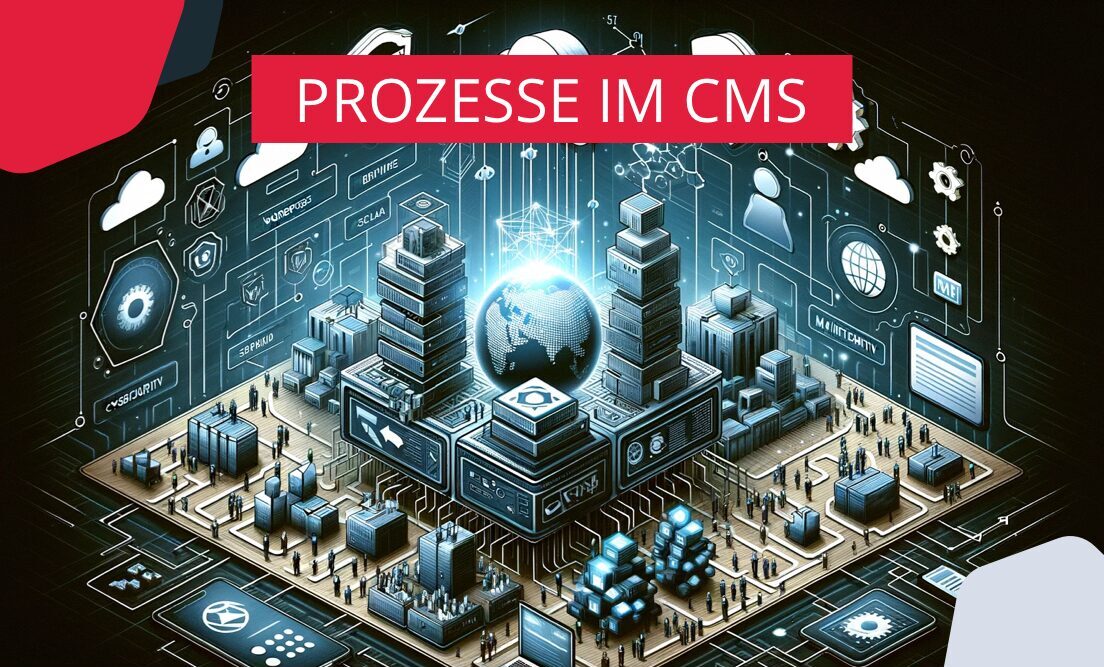
Why Integrating Enterprise Software into Your CMS Poses More Risks Than Benefits
In the digital age, many companies opt to modernize their web presence with the help of Content Management Systems (CMS) like WordPress or TYPO3. This decision undoubtedly brings many advantages, from the ease of content management to improving the user experience on the website. However, some companies tend to integrate not just their website but also significant parts of their business models into the CMS. This includes customer databases, order processing, and other business-critical processes. At first glance, this may seem like an efficient solution, but it carries substantial risks that can lead to business failure.
1. Security Risks
Integrating business-critical systems into a CMS can endanger your company’s security. CMS platforms, especially popular ones like WordPress, are frequent targets of cyberattacks. Combining sensitive company data in a system primarily designed for web content management increases the risk of data breaches and security violations.
2. Dependence on Non-Specialized Service Providers
Many companies hire advertising agencies to develop their website, which often are not specialized in developing customized business solutions. These agencies might choose plugins and themes based on their suitability for the web presence without considering the long-term maintenance and security of the business data. Lack of service contracts and inadequate maintenance can lead to outdated systems that are vulnerable to attacks.
3. Lack of Flexibility and Scalability
Linking business processes with a CMS can lead to scalability issues. Companies evolve, and their software solutions must be able to grow with them. A CMS, chosen primarily for content management, may not be able to adapt to changing business needs or the growth of the company.
4. Challenges in Maintenance and Updating
CMS-based websites require regular updates for core systems, plugins, and themes to close security gaps and maintain functionality. If business-critical processes are integrated into the CMS, this can lead to complex and risky update processes. A failed update can incapacitate not just the website but also essential business processes.
The Solution: Separation and Specialization
A wise strategy separates the web presence from core business processes. A suitable CMS can still be used for the website, while specialized software solutions should be employed for business-critical applications. It is crucial to choose an experienced and reliable partner for the business software, who specializes in long-term development and maintenance.
We understand the importance of this separation and offer customized solutions tailored to the specific needs and requirements of your company. Our expertise guarantees not only the security and efficiency of your business processes but also a flexible and scalable architecture that grows with your company.
Conclusion
The decision to integrate your business processes into a CMS may seem practical in the short term but carries long-term risks. Security concerns, dependence on non-specialized service providers, lack of flexibility, and complex maintenance requirements are just some of the challenges to consider.
